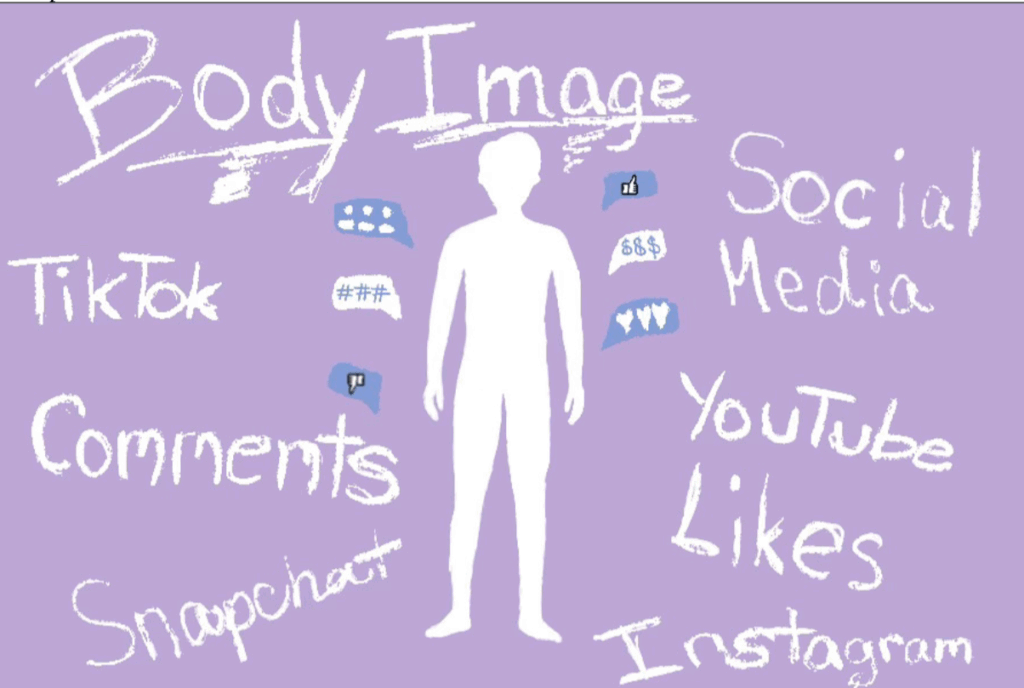High levels of body association lowers the risk of depression, anxiety and stress among Filipino emerging adults
07 Mar 2025

Among Filipino emerging adults, prevalence rates of severe and extreme levels of depression, anxiety, and stress are relatively high. High levels of body association (BA) are associated with lowering the risk of having severe or extreme levels of depression, anxiety, or stress. Males are more at risk of developing severe or extreme levels of poor mental health outcomes, particularly those males who are more prone to severe or extreme levels of stress brought about by low BA. Routinary screening of mental health not only among emerging adults but also among the general population, as well as explicit action to promote positive body image to support good mental health and well-being concerning our bodies, should be prioritized. This study could be a first step in demonstrating the effects of efficiently regulating body image through BA portrayed in the Philippines. Moreover, the findings may provide the foundation for the education department to promote healthy body
image and mental health status in the present curriculum.
Our findings have relevance for intervention research considering the existing literature. The consistent results that higher levels of body association are associated with a lower risk of having severe to extreme depression, anxiety, or stress point to the need for intervention research into how emerging adults can be taught to draw on appropriate personal and collective resources to mitigate the effects of low body appreciation (BA). Furthermore, our results on effect modification, wherein males showed an increased risk of having severe or extreme stress levels relative to females, are possibly a starting point in targeted interventions. Specifically, the gender moderation on stress levels is influenced by different BA levels. The current findings imply that an intervention may benefit emerging people in exploring how their mental health is affected by their body image, particularly those who are males. In general, there is a need to monitor and address body image trends that affect not only emerging adults but also those at earlier stages of development.
Authors:
Zypher Jude G. Regencia (Department of Clinical Epidemiology, College of Medicine,
University of the Philippines Manila | Institute of Clinical Epidemiology, National Institutes of Health,
University of the Philippines Manila), Mary Ann J. Ladia (Department of Clinical Epidemiology, College of Medicine, University of the Philippines Manila | Institute of Clinical Epidemiology, National Institutes of Health, University of the Philippines Manila), Jaime C. Montoya (Department of Medicine, College of Medicine, University of the Philippines Manila), Margaret Gamalo (Global Product Development–I&I Statistics, Global Biometrics and Data Management, Pfizer Innovative Health), Jean-Philippe Gouin (Department of Psychology, Faculty of Arts and Science, Concordia University) and Emmanuel S. Baja Department of Clinical Epidemiology, College of Medicine, University of the Philippines Manila | Institute of Clinical Epidemiology, National Institutes of Health, University of the Philippines Manila)
Image from https://hhsmedia.com/37314/feature/social-medias-effects-on-body-image-and-mental-health/
